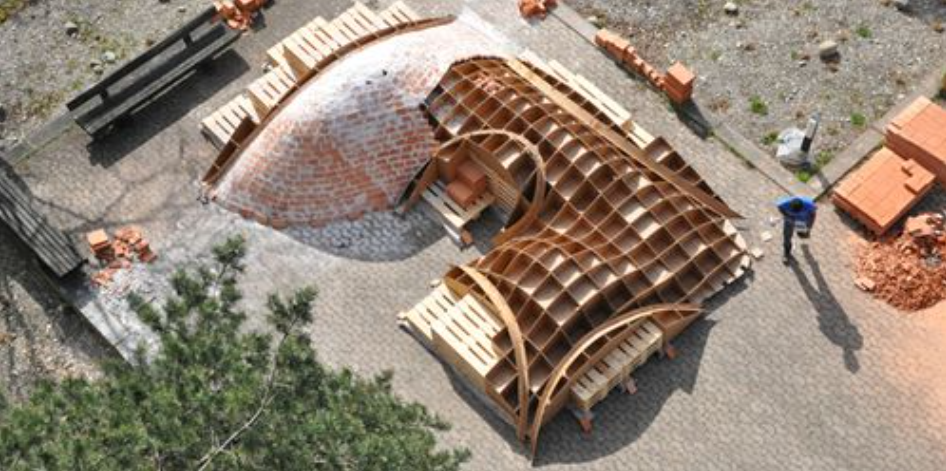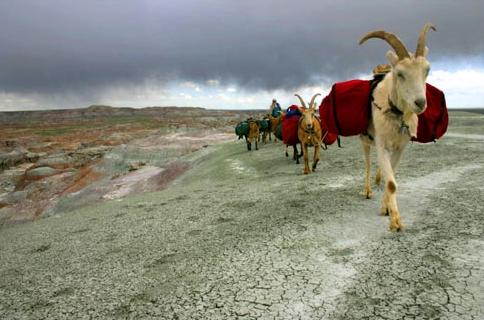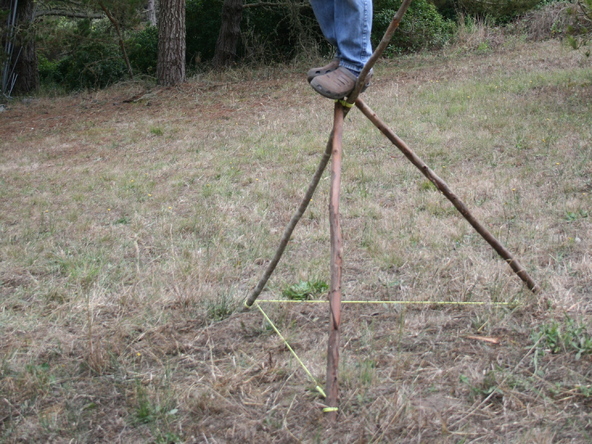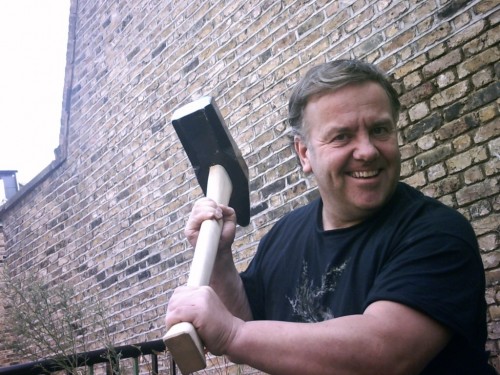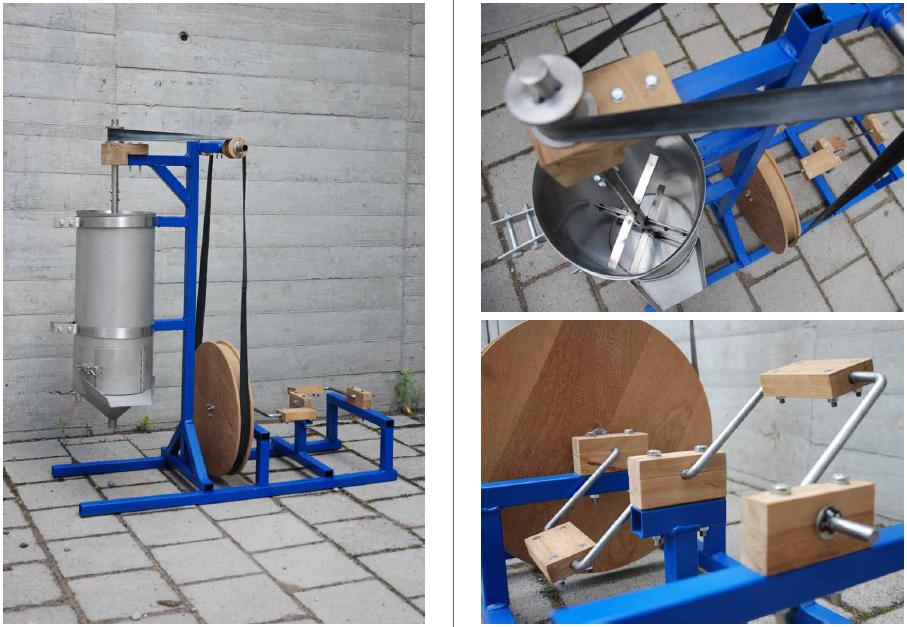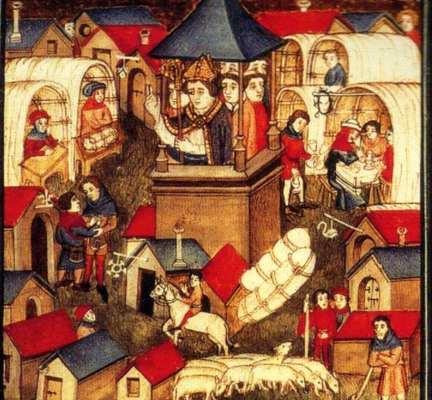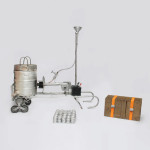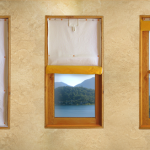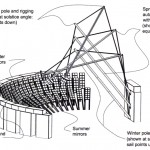Lara Davis, Matthias Rippman and Philippe Block from the Swiss BLOCK Research Group at the ETH Zurich University have taken the centuries old timbrel vaulting technique one step further by incorporating high-tech design tools (software and CNC fabrication) and low-tech materials (cardboard boxes and wooden palettes).
Find pictures and the research paper here or see the summary below.
